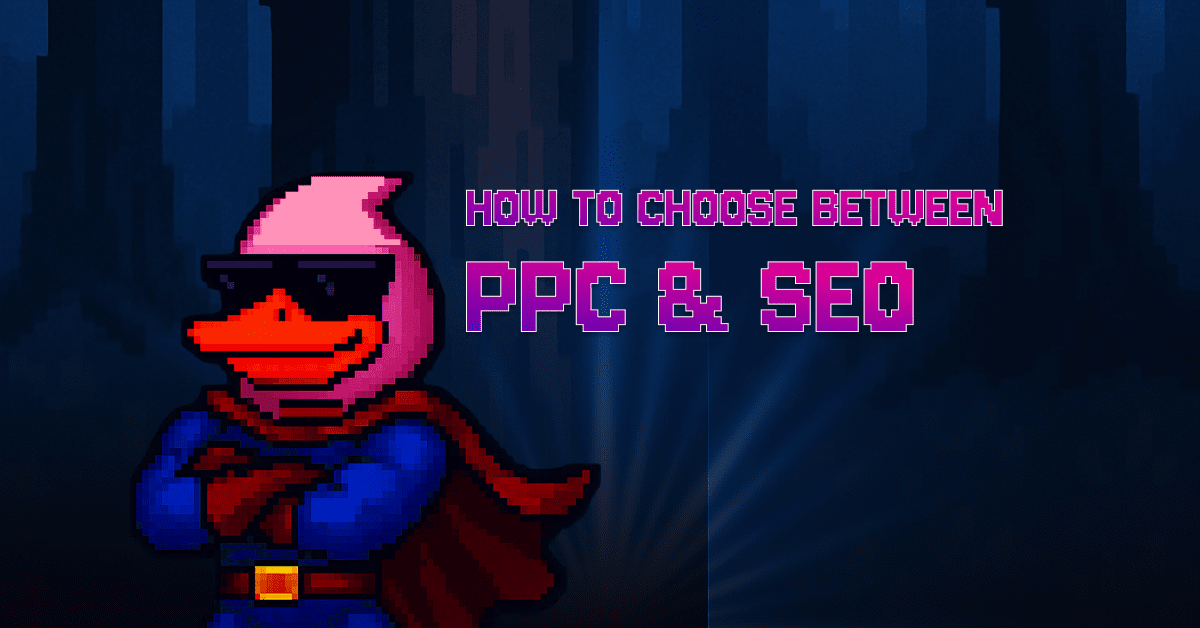

1. Search algorithms are smarter — and fairer.
Google now rewards real expertise and high-quality content, not just backlinks and technical tricks.
That opened the door for teams who focus on relevancy, data, and smart automation.
2. AI gave SEO a second life.
Tools like ChatGPT, Jasper, and SurferSEO allow teams to produce and optimize content at scale.
One well-organized affiliate team can now manage hundreds of sites, test niches, and generate consistent organic traffic at a fraction of the cost.
3. SEO results last — and grow.
Unlike PPC, SEO doesn’t vanish when you pause the budget.
A well-optimized site continues to bring in traffic for months or even years, creating a long-term compounding effect.
The main drawback? Time.
Competition in iGaming is fierce, and ranking takes patience and strategy.
But once the structure is in place, the payoff is consistent and sustainable.
It all depends on your goals, time horizon, and resources.
In 2025, these two aren’t rivals — they’re partners.
PPC delivers the spark; SEO keeps the fire burning.
According to recent affiliate agency reports, organic traffic in iGaming grew by over 40% in 2024–2025, while the average PPC lead cost rose by 25–30%.
Yet, overall ad budgets didn’t shrink — they shifted.
Teams that once relied 100% on paid traffic now allocate part of their budget to building SEO projects and in-house media brands.
Meanwhile, SEO-focused players are adding PPC back into their mix for retargeting and fast validation.
The trend is clear: the smartest affiliates are diversifying.
They combine fast, data-driven testing with sustainable traffic generation — not chasing one perfect channel, but balancing both.
SEO and PPC aren’t “either/or” — they’re “both/and.”
One builds your foundation; the other accelerates growth.
The key is understanding where your strengths lie — in analytics, creativity, or long-term strategy.
In the end, iGaming is not just about clicks.
It’s about building an adaptive traffic ecosystem where the most flexible teams win.